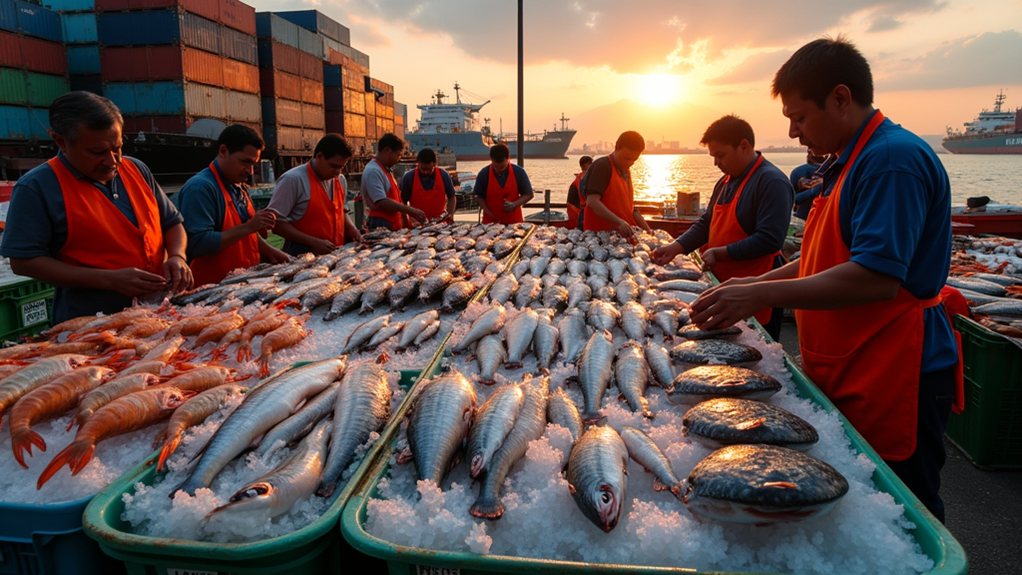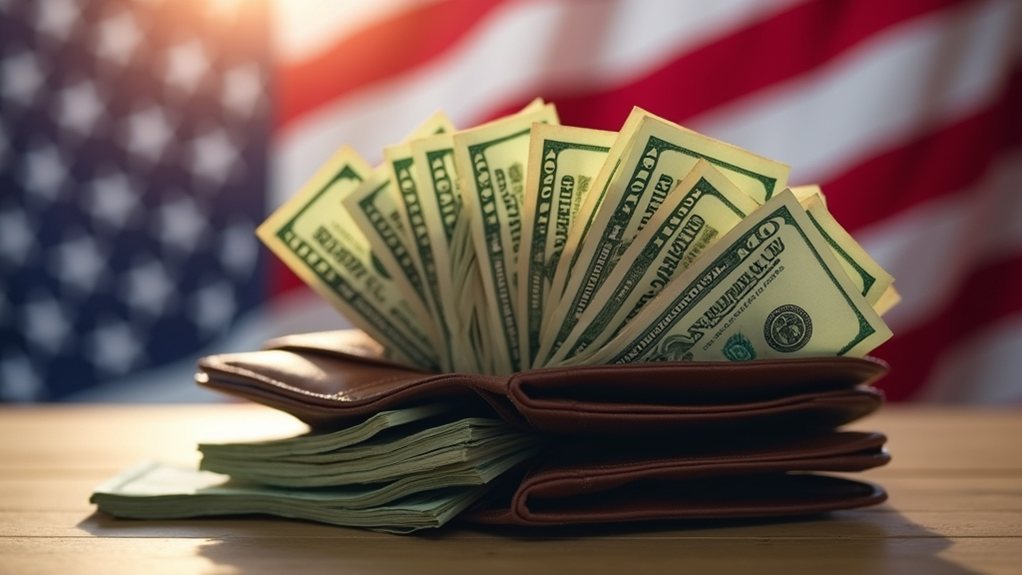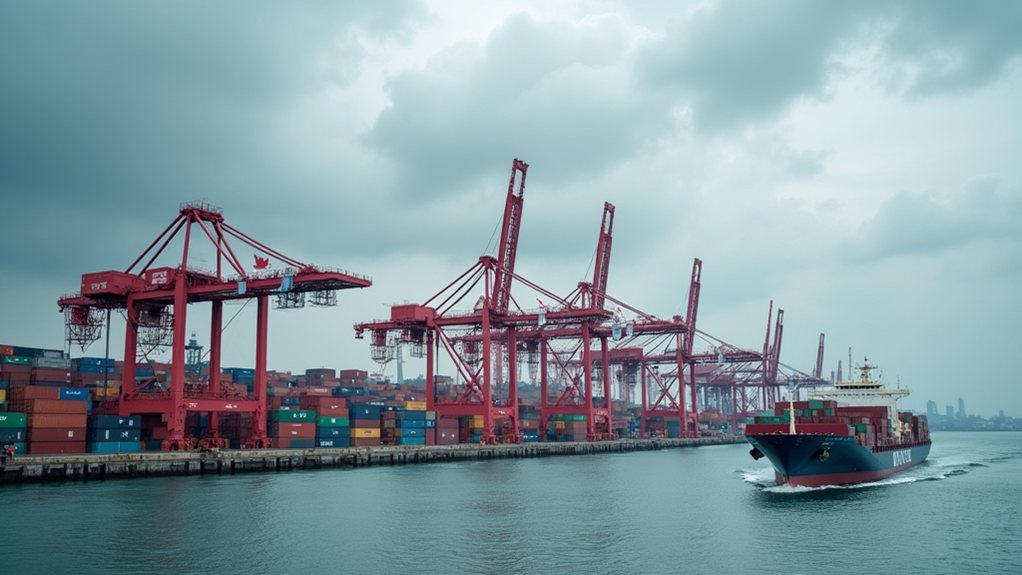As the trade war between the U.S. and other countries escalates, the seafood industry is watching closely. Initially, the seafood sector seemed untouched by the tariffs imposed by the Trump administration. These tariffs mainly targeted steel and aluminum imports. However, when the European Union and Canada retaliated with tariffs on U.S. goods, the seafood industry remained mostly safe. So far, seafood hasn't faced significant retaliatory tariffs.
The seafood industry remains largely unscathed by escalating U.S. tariffs, despite growing trade tensions with global partners.
But the situation is changing for Chinese seafood exporters. A new 20% tariff on Chinese goods has pushed the total duty on Chinese seafood imports to 45%. This has severely impacted breaded shrimp exports from China to the U.S. As a result, the Chinese tilapia industry is now forced to change its strategies. To fill the void, U.S. importers may turn to countries like Vietnam, Indonesia, or Thailand for their seafood needs. This potential shift could encourage the development of tilapia farming in Southeast Asia.
Additionally, U.S. importers might increase their imports of pangasius to meet demand. Canada remains the largest seafood market for U.S. imports and exports. Losing access to this market could lead to a price collapse for American fishermen, raising concerns about the interdependence of the U.S. and Canadian seafood industries. The U.S. has a $25 billion seafood trade deficit, importing more than it exports, which further complicates the economic landscape for American fishermen.
The economic landscape for the U.S. seafood industry is challenging. As of 2022, the U.S. faced a $25 billion seafood trade deficit. Approximately 80% of seafood consumed in the U.S. is imported. Experts predict that consumer prices may increase by 2% due to tariffs. This could cause inflation to rise temporarily to 4% by 2025.
In the commercial fishing community, some remain hopeful about the future. They expect changes under Trump's potential second presidency, such as fishing allowances in protected areas. However, there are fears that conservation efforts may suffer if regulations are rolled back.
The seafood industry is maneuvering uncertainties as international trade relations continue to evolve.









